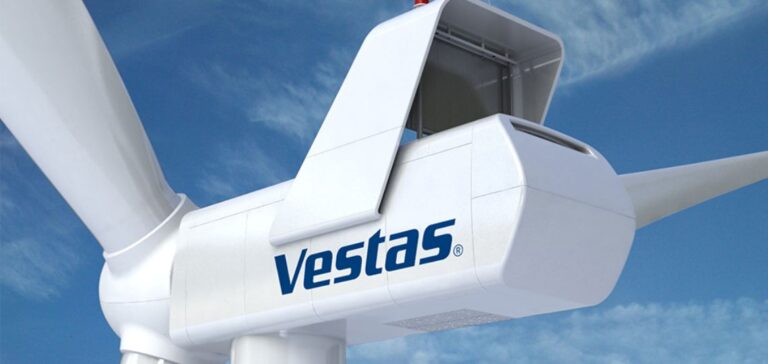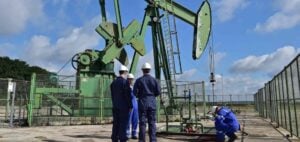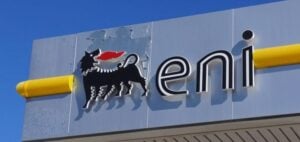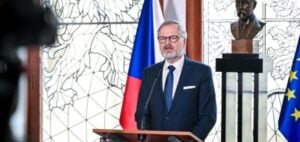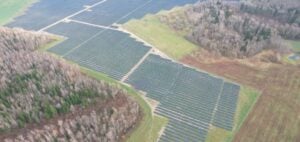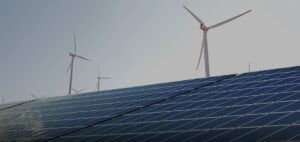In the first quarter, Vestas saw its financial situation deteriorate froma profit of 16 million euros the previous year to a loss of 75 million euros. CEO Henrik Andersen assures us that these results were anticipated, and maintains the company’s forecasts for 2024, despite a 5.2% drop in sales to 2.68 billion euros, below market expectations.
Volatility and sector uncertainties
Geopolitical volatility continues to weigh on the sector, with noticeable effects on Vestas’ profitability. The Group expects to see a gradual improvement in profitability, albeit limited by execution challenges and the completion of smaller-scale projects.
Order dynamics and service activities
Vestas recorded a significant increase in new orders for turbine construction, reaching 25.8 MW compared with 20.6 MW last year. At the same time, its service segment also saw impressive growth in order intake, consolidating the company’s two main pillars.
Market challenges and outlook
The wind power industry in Europe is facing major obstacles such as soaring interest rates, rising material costs, and problems in the supply chain. These challenges come at a time when the sector needs to step up investment to meet growing demand.
Impact on investors and the stock market
The market reaction to these announcements was immediately negative, with a 4.42% drop in Vestas shares on the Copenhagen Stock Exchange. This underlines the market’s sensitivity to the company’s financial performance and the outlook for the wind energy sector.
Vestas is going through a complex period, marked by financial losses despite a robust order book. The company’s future will depend on its ability to overcome industry challenges and capitalize on growth opportunities.

